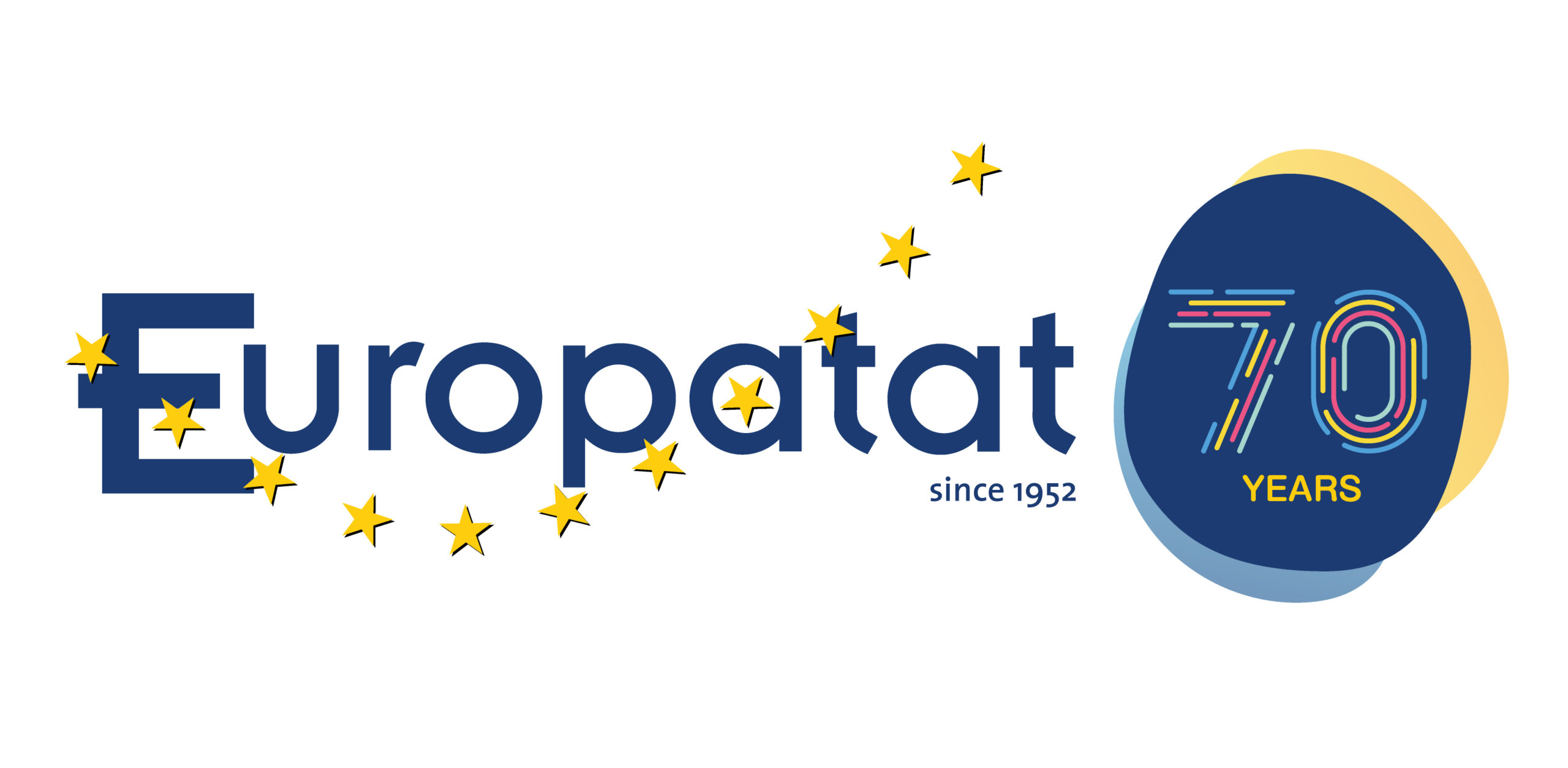The European seed potato sector has a long tradition of breeding, growing, and supplying high-quality seed potatoes to growers around the world. Extensive efforts are made to ensure that seed potatoes destined for export comply with the phytosanitary requirements of the destination countries. Additionally, the production standards set by the EU and its Member States are among the strictest in the world.
Many European companies export seed potatoes to various parts of the world. When challenges arise, they are typically addressed either bilaterally or with the help of National Plant Protection Organisations (NPPOs). Türkiye is the fourth-largest destination for EU-grown seed potatoes, with several European countries regularly exporting to the Turkish market. All seed potatoes destined for Türkiye must undergo certification inspection to confirm their compliance with Turkish import requirements.
However, in recent years, the number of rejections by Turkish authorities, based on sampling and testing conducted upon arrival, has increased significantly. For example, last year, many Europatat members experienced rejections due to Turkish testing. Rejection rates varied between companies, with some facing rejection of up to 50% of their total shipments.
This year’s export season, which took place in spring, has seen even higher rejection rates. Based on data shared by Europatat members, rejection rates for some exporting countries reached up to 35% of total country exports. Moreover, the pests detected in rejected consignments this year differed from those identified last year. In one case, seed potatoes from the same production lot were shipped to Türkiye in two separate consignments and one was accepted while the other was rejected. In the past, there have also been cases in which certain pests intercepted on European seed potatoes are not known to be present in the country of origin.
In addition to the rising number of rejections, a long-standing issue further complicates exports to Türkiye: the difference in nomenclature for different seed potato classes. While Türkiye, like the EU, imposes phytosanitary conditions on imports, certain restrictions appear to stem from differences in classification rather than plant health concerns.
As a result, exporting seed potatoes to Türkiye has become increasingly difficult over the last few years. This export season, many Europatat members decided to divert their exports to alternative markets to avoid rejections at the Turkish border and significant financial losses. Next year, even more companies may avoid exporting to Türkiye, as confidence in the process continues to decline.
Europatat urges Turkish authorities to collaborate closely with the NPPOs of exporting countries and with exporters to ensure that official controls and testing performed upon arrival in Türkiye are in line with the international standards. This cooperation is essential to confirm that seed potatoes exported by many European countries meet Turkish import requirements.
Europatat remains committed to supporting the dialogue already initiated by several European NPPOs and Turkish authorities, with the aim of significantly reducing rejections in the next export season.
For more information or comments, please contact Romans Vorss at the Europatat Secretariat at secretariat@europatat.eu.

